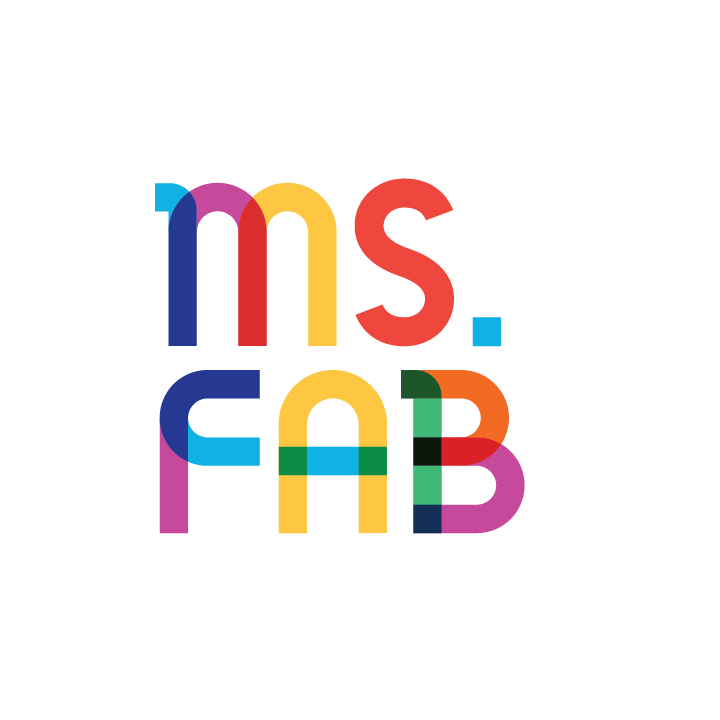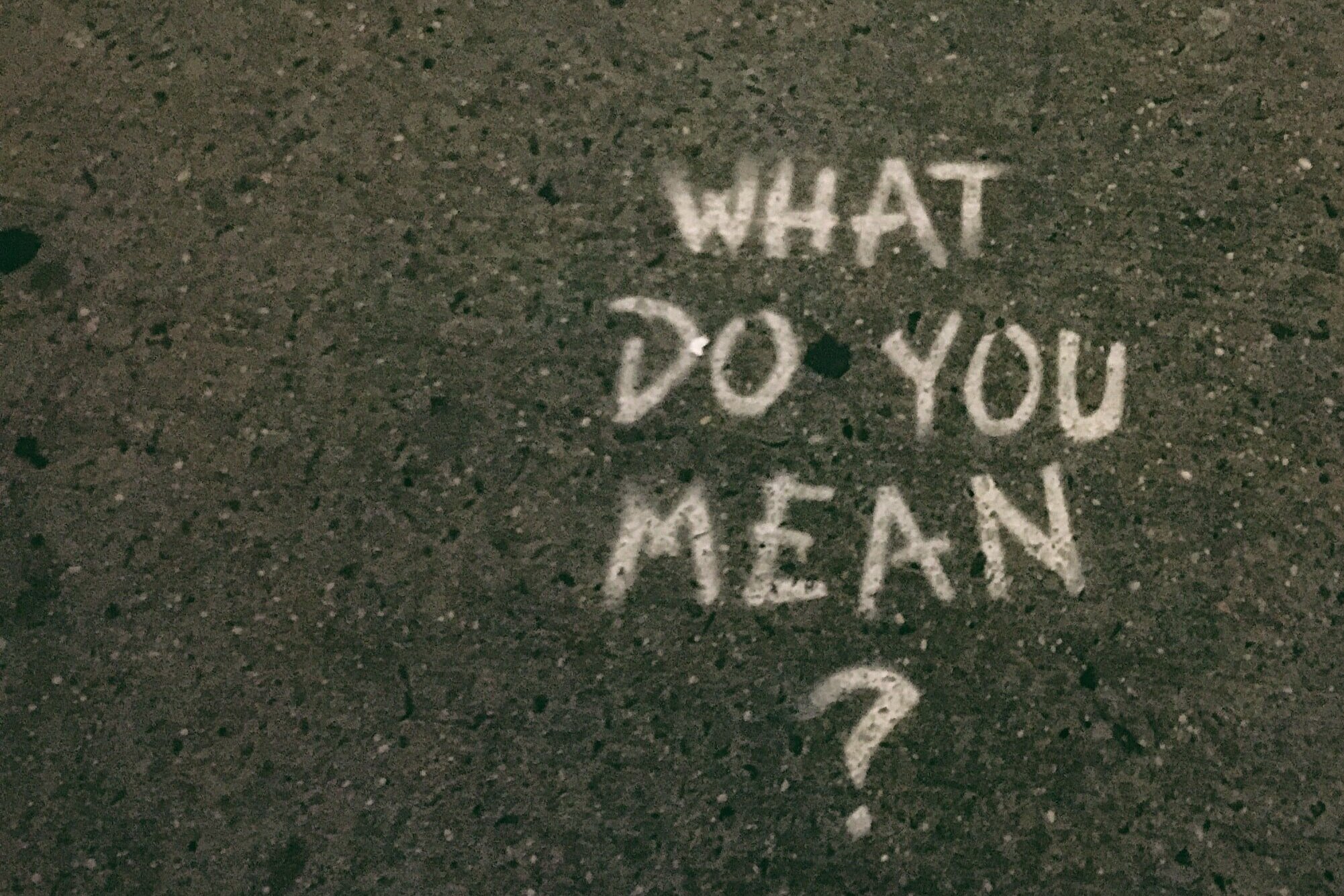Questioning the Defaults
I've noticed an interesting pattern:
When we teach kids to reject the default and search for alternatives, they almost always come up with a better option.
So powerful, yet so rare.
Why should we teach kids to question the defaults?
While researching his book, Adam Grant came across some surprising research that shows a correlation between someone’s performance at their job and the web browser they use.
Yes, their web browser.
The study shows that Firefox and Chrome users perform significantly better at their jobs than Internet Explorer and Safari users. They also stay in their jobs longer and are less likely to miss work.
What can possibly explain this?
Economist Michael Housman, who ran the project, explains that this isn’t due to a person’s technical advantage. On average, all groups in the experiment had similar typing speed and levels of computer knowledge.
It’s about how they got the internet browser.
Those who use Internet Explorer or Safari stick with the browser that comes preinstalled in their computer. They accept the default.
On the other hand, those who use Firefox or Chrome had to:
Question the default and ask, “is there a better option out there?”
Demonstrate resourcefulness and download a different browser
Turns out that that small act of initiative— seeking out an option that might be better— can tell us something about how they go on to perform at work.
Those who took the initiative to change their browsers to Firefox or Chrome, the study shows, approach their jobs differently.
For example, they come up with new methods to sell to customers and address their concerns. When they encounter a situation they don’t like, they fix it. Taking initiative to improve their circumstances, they remain in their jobs longer. Sounds like they create the jobs they desire.
School doesn’t teach us to question the default.
Quite the opposite, actually.
I believe that conventional schools are preparing kids for an Internet Explorer and Safari world.
Kids are pressured to conform to dominant views instead of pursuing diversity of thought.
There are consequences for those who dare to think differently, question things, or take a different path. Yet those are the kind of kids who grow up to have the greatest impact on the world.
At Synthesis, students learn not to let anything go unexamined. They learn to question the defaults and everything teachers “hand” to them. Students don’t get in trouble for thinking or doing things differently.
We strive to develop kids who take initiative and look for better options. Better yet, we want to encourage kids to be resourceful and create their own alternatives. These are the kids who will go on to create their own jobs, improve their circumstances, and change the world.
I explore ideas like this in Fab Fridays, my newsletter on childhood education and new ways to learn.
Subscribe below!

